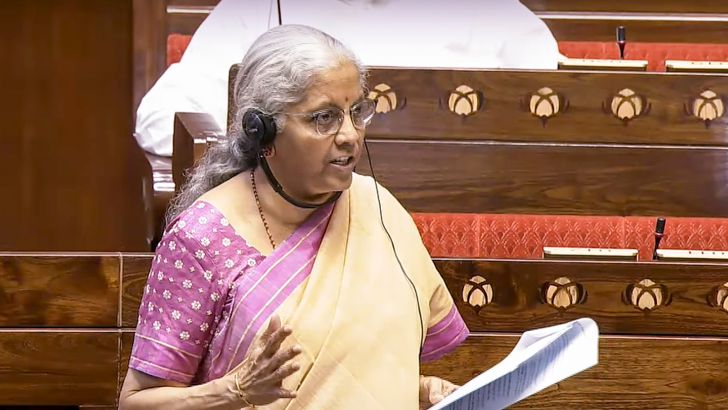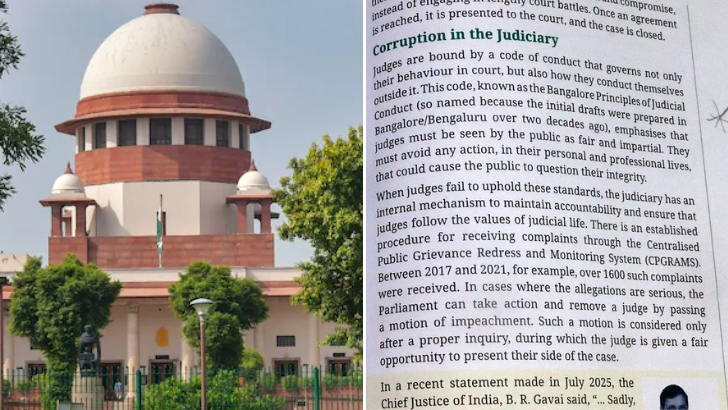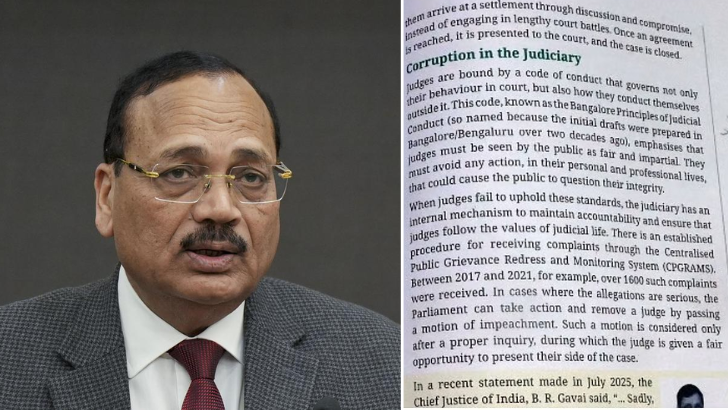New Income Tax Bill passed in LS, allows late ITR filers to claim refund
The bill cuts down wordage and chapters by almost half and writes the clauses in simpler and easy to understand language.
PTI
-
EY India, Tax Partner, Samir Kanabar said the revised bill addresses key industry concerns. Photo: PTI
New Delhi, 11 Aug
The new Income Tax Bill passed by the Lok Sabha on Monday
will allow individuals to claim TDS refunds even if they fail to file I-T
return within due date.
The Income Tax (NO.2) Bill, which from 1 April, 2026, will
replace the Income Tax Act, 1961, was introduced by Finance Minister Nirmala
Sitharaman and passed in the Lok Sabha amid din without a debate.
The bill cuts down wordage and chapters by almost half and
writes the clauses in simpler and easy to understand language.
It does away with the confusing concepts of assessment year
and previous year, replacing them with easier to understand 'tax year'.
The original Income Tax Bill, 2025, which was introduced in
February, was withdrawn by the Finance Minister on Friday. Sitharaman on Monday
came up with a revised bill incorporating "almost all
recommendations" of the Select Committee which had scrutinised the
original bill.
The Select Committee had suggested that the government
should modify the provisions relating to TDS claims by those who fail to file
ITR before the stipulate due date.
According to the revised bill, individuals will be allowed
to claim TDS refund even if their return of income is filed beyond the
statutory timeline provided for filing of the original income-tax return.
Thus, the Finance Ministry has incorporated the provision of
the existing Income Tax Act, 1961.
The Income Tax(No.2) Bill provides for 'nil' TCS on
Liberalised Remittance Scheme (LRS) remittances for education purposes financed
by any financial institutions.
Nangia Andersen LLP, Partner, Sandeep Jhunjhunwala said
deductions in respect of certain inter-corporate dividends for companies opting
for concessional rate of taxes have been re-introduced in line with the
provisions of the existing Income Tax Act, 1961.
The provisions relating to the carry forward and set-off of
losses have been appropriately amended and the reference to the beneficial
owner has been omitted to align with Section 79 of the Act.
"By enabling refunds for belated returns and
harmonising definitions of Micro and Small enterprise with allied statutes, the
Bill reflects a balanced, pragmatic, and taxpayer-oriented approach,"
Jhunjhunwala said.
EY India, Tax Partner, Samir Kanabar said the revised bill
addresses key industry concerns like dividend deductions, and the definition of
'associated enterprises'.
Leave a Reply
Your email address will not be published. Required fields are marked *










.png)









